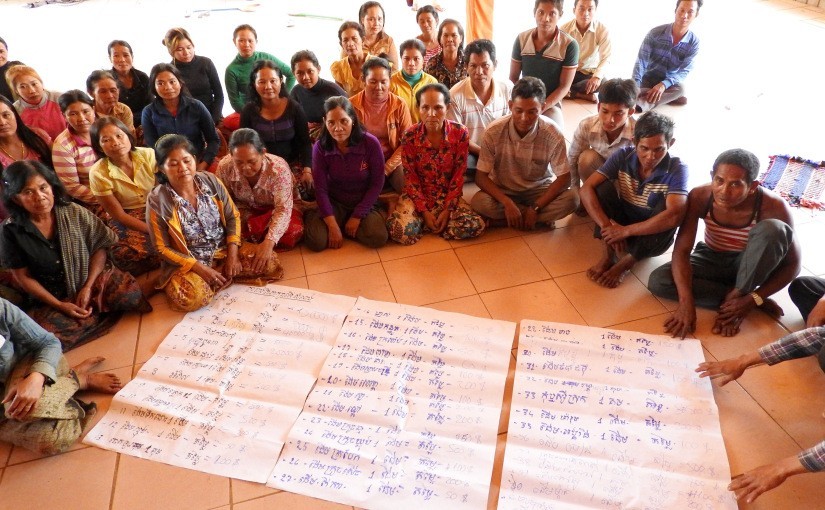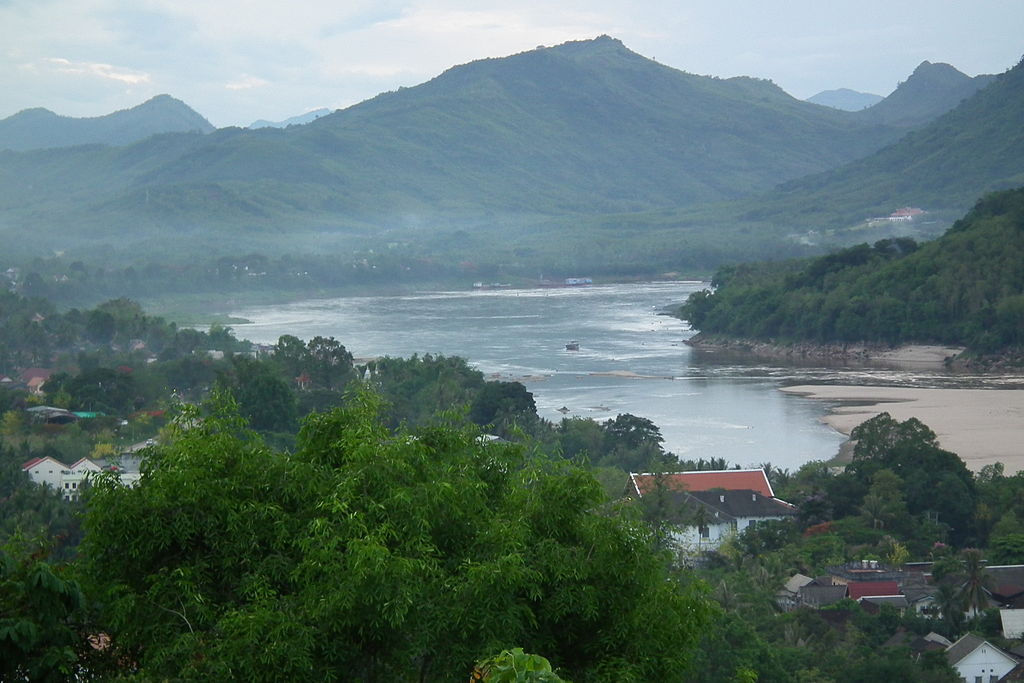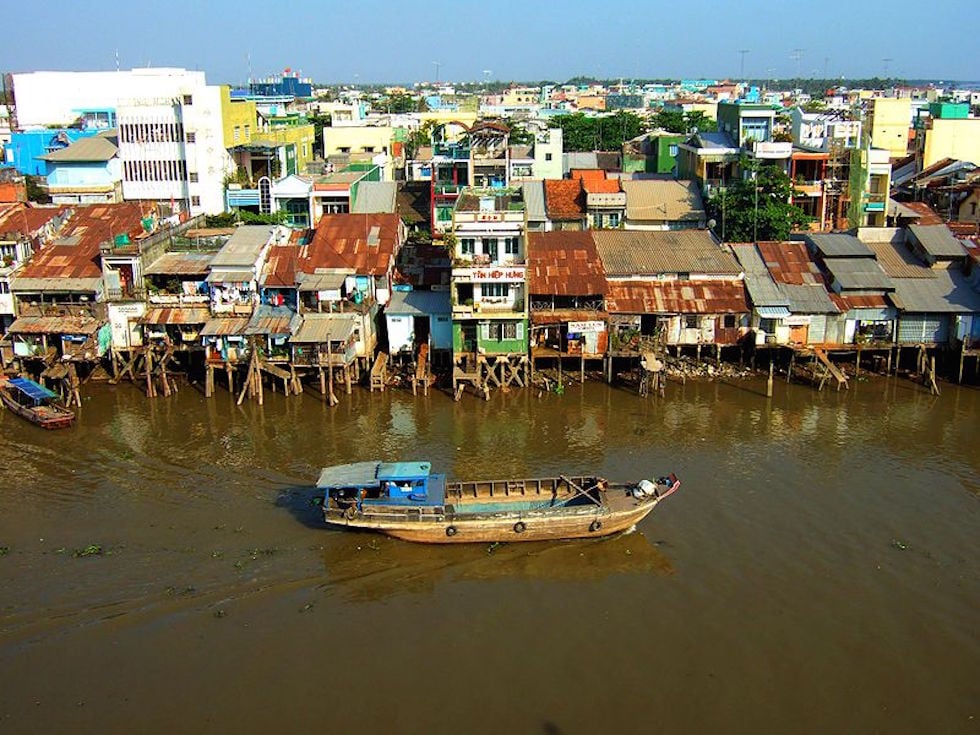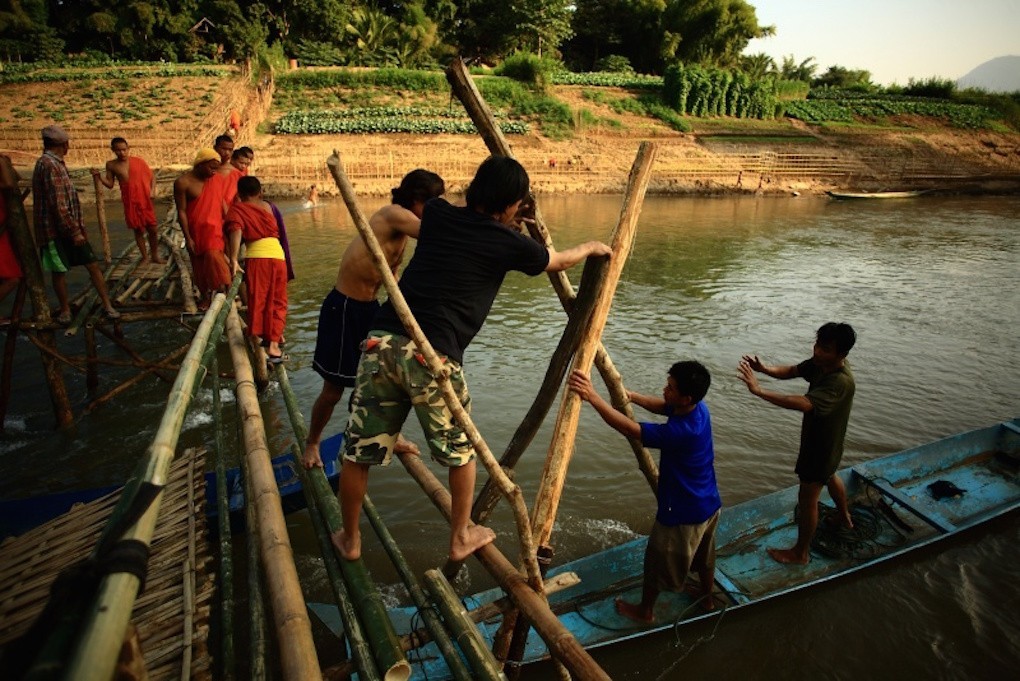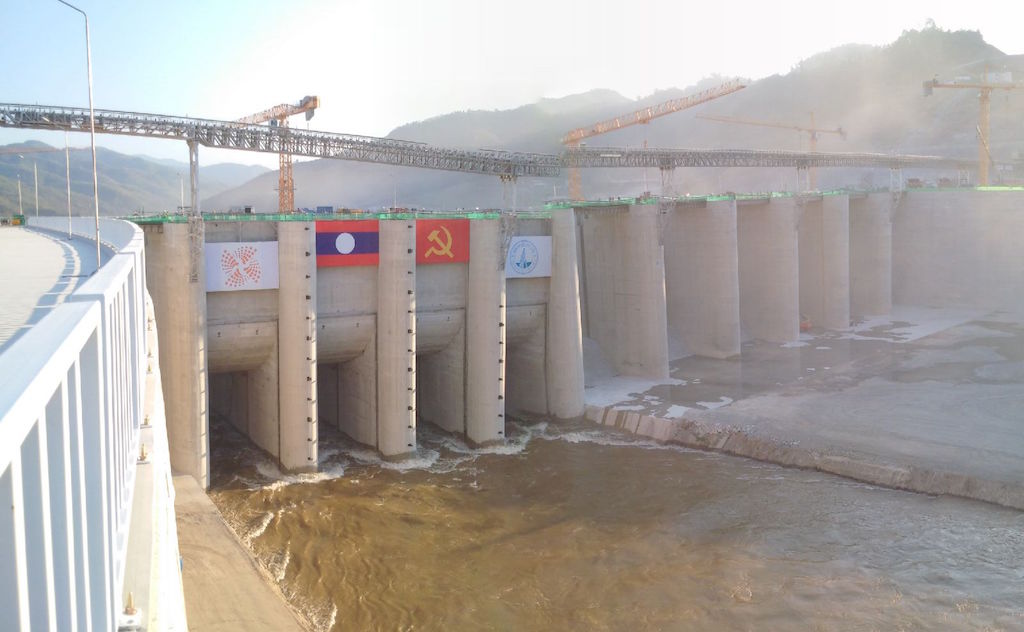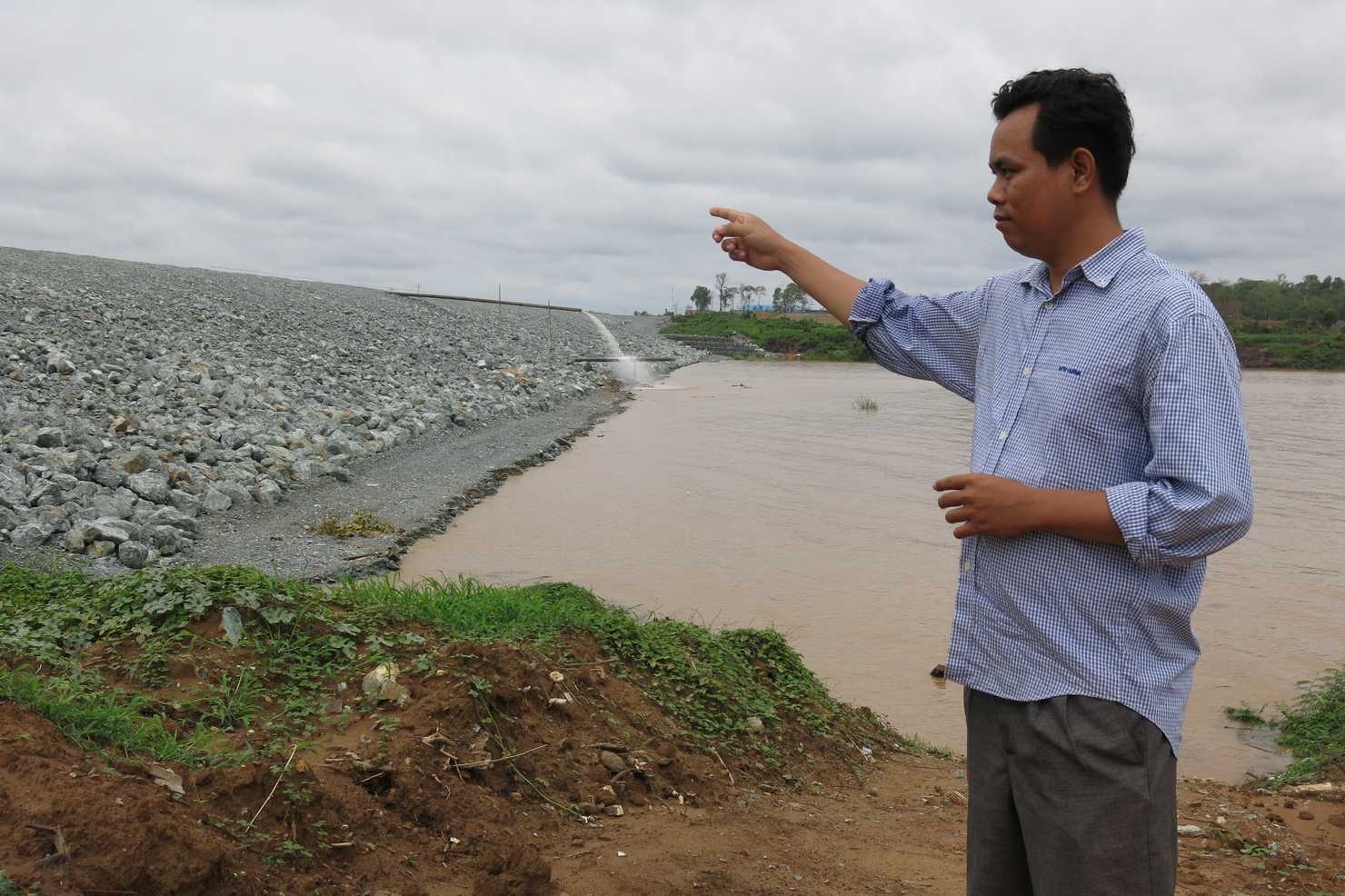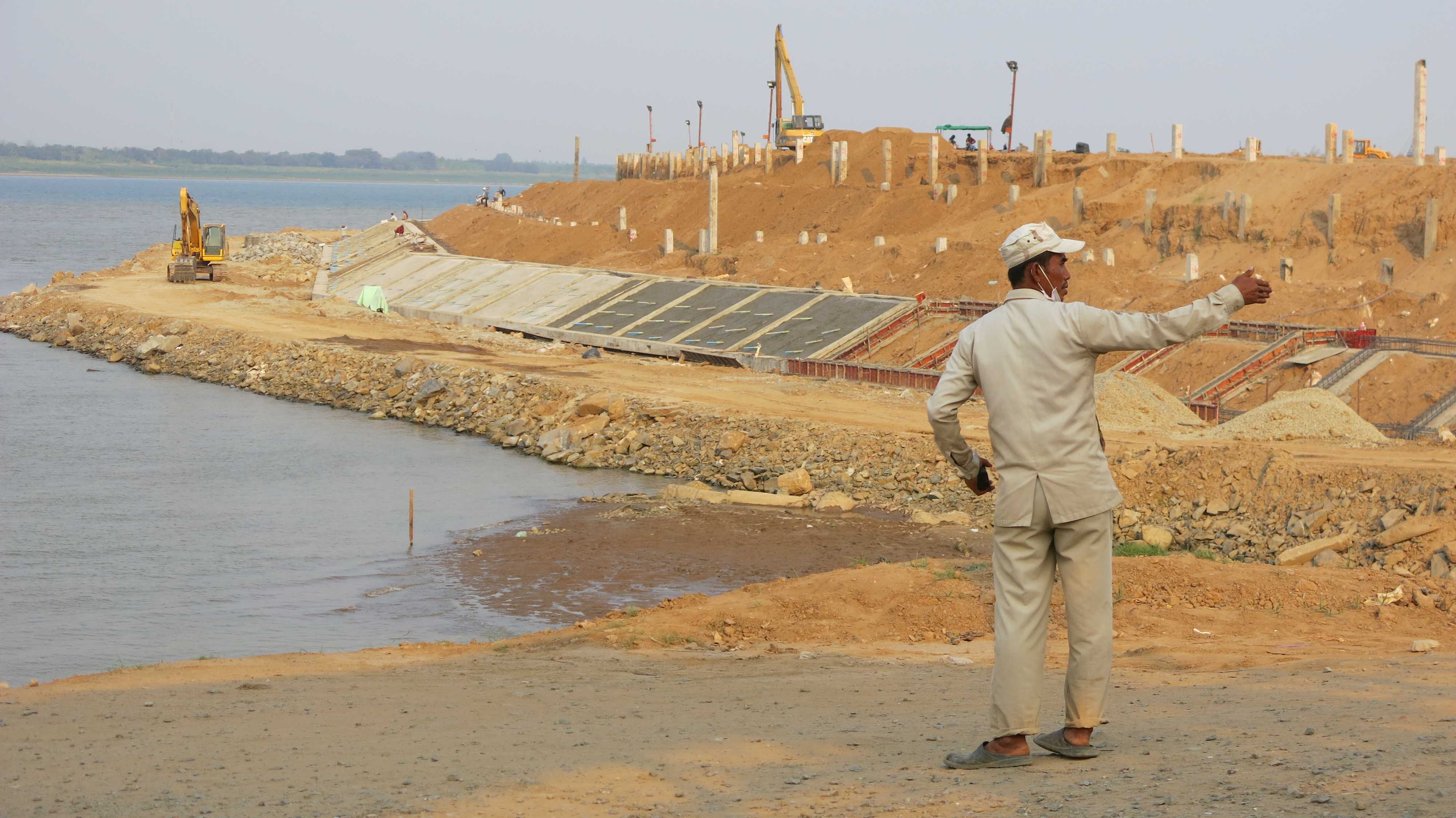The 25 members represent governments and Civil Society Organisations (CSOs) from across the region. They have tasked themselves with drafting public participation guidelines to ensure communities and citizens have input into development projects such as dams, mines, transportation links or economic zones. Through drafting a regional standard on participation in EIA, the group hopes countries across the region will improve public involvement in the decision-making process.
Getting 10 civil society organisations, five governments and an array of ministries to agree on one set of guidelines will be hard. But the members are up for the challenge. They have a lot to teach each other. And are eager to learn from experiences in other countries and sectors.
We talked to a few members of the RTWG during their first official meeting in Bangkok in September to see how they felt about this challenging but exciting opportunity. Their video interviews are below.
My country, Thailand, hosted this kick-off meeting, and two of Thailand’s five members are Mr. Suphakij Nuntavorakarn, Healthy Public Policy Foundation and Ms. Chanakod Chasidpon, Office of the National Economic and Social Development Board (NESDB) of the Thai government.


